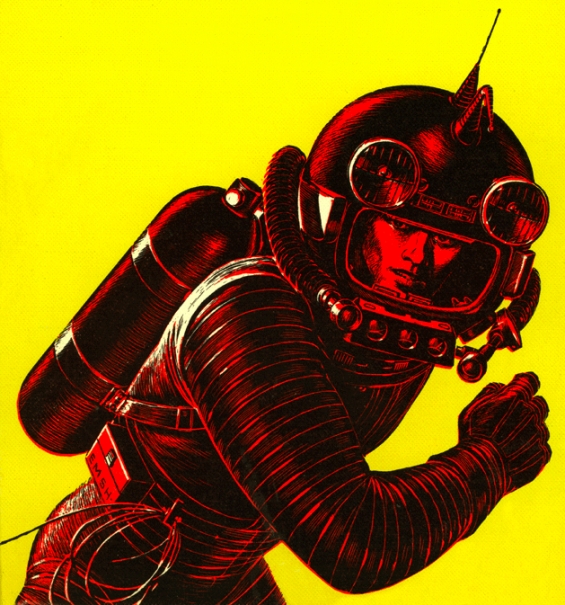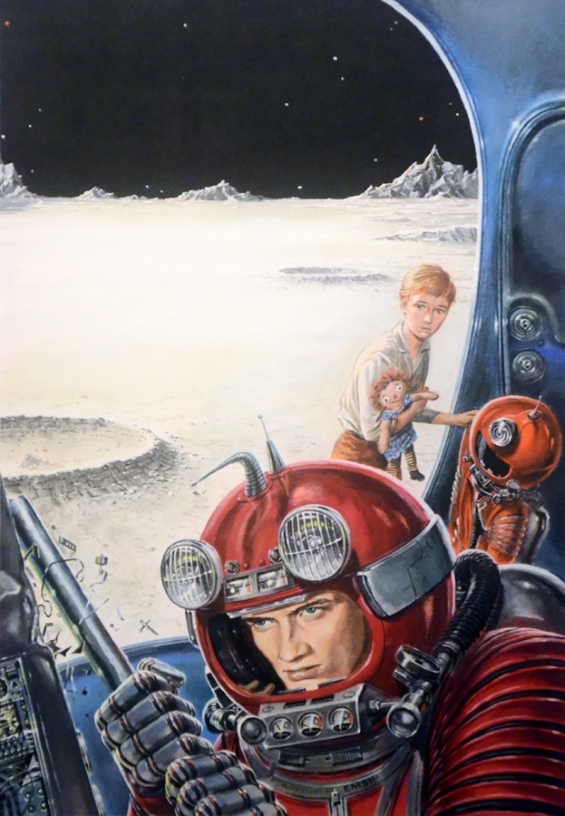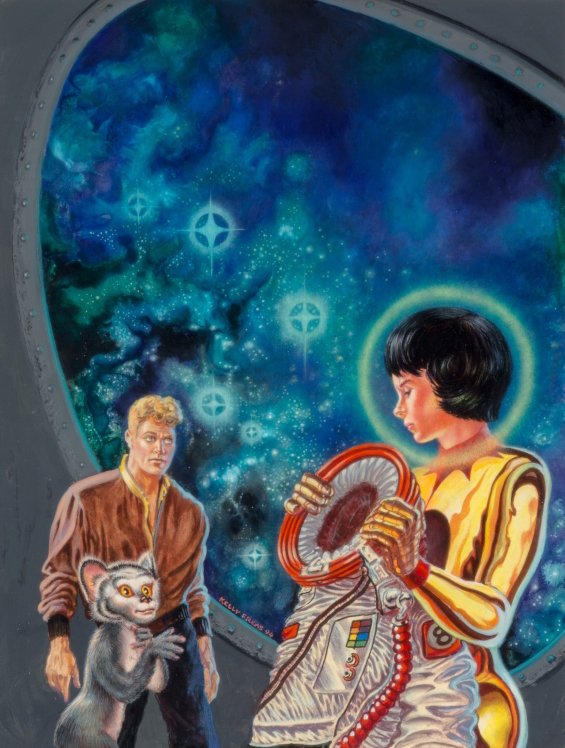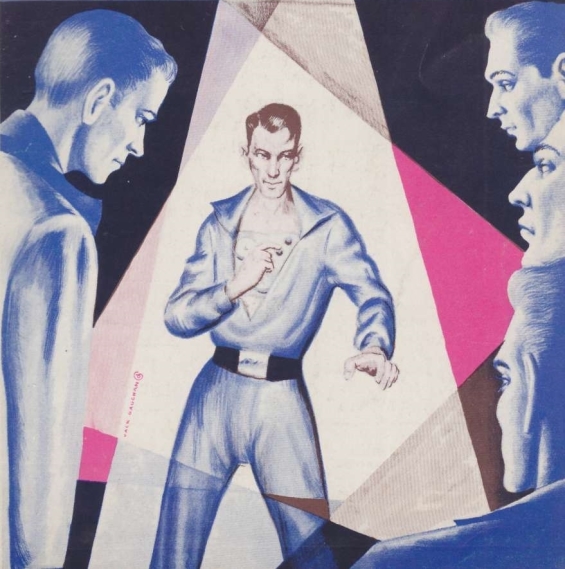 The SFFaudio Podcast #256 – Jesse, Tamahome, Luke Burrage, Seth, and Mark Turetsky talk about the audiobook of Have Space Suit—Will Travel by Robert A. Heinlein (as narrated by Mark Turetsky for Blackstone Audio)!
The SFFaudio Podcast #256 – Jesse, Tamahome, Luke Burrage, Seth, and Mark Turetsky talk about the audiobook of Have Space Suit—Will Travel by Robert A. Heinlein (as narrated by Mark Turetsky for Blackstone Audio)!
Talked about on today’s show:
On the book title’s proper spacing and hyphenation; Have Gun, Will Travel TV show; Heinlein’s last “juvenile” novel; Mark “over the moon” about the opportunity to record the book; novel nominated for Hugo in 1959; parts of the novel are hard SF; Philip K. Dick’s completely unrelated story The Father Thing; ways of manipulation in the novel; Mark’s favorite character voices; correlations between the Earth characters and space characters; debunking the possibility that the story was all a dream or imaged à la Wizard of Oz; cross-novel characters in Heinlein’s novels i.e. Space Family Stone; novel followed up by Starship Troopers; detailed description of the space suit possibly inspired by Heinlein’s work on bomber pilot pressure suits during World War II; The Martian by Andy Weir; casual drug use in the novel; Mark didn’t do the helium voice in space suit scenes; comparison to full cast audio version; Kip’s conversations with inanimate space suit bear resemblance to Gravity; on the novel’s setting in time and its world building flaws; slip sticks and slide rules; slide rule “the best invention since girls”; Kip’s dad should “get off his ass and get a job”; Jerome K. Jerome’s Three Men in a Boat and its inspiration on Connie Willis’s To Say Nothing of the Dog via its appearance in this novel’s opening lines; Heinlein’s infallibility; going Galt; the father is an asshole; the father is Heinlein; money in fiction; money baskets in Stranger in a Strange Land; old men hooking up with young women in Heinlein; Podkayne of Mars; Time for the Stars; Tunnel in the Sky is a mash-up of Lord of the Flies and The Hunger Games; the story’s narrative perspective; on learning outside of school, “I’m gonna learn this shit on my own”; novel encapsulates Luke’s life philosophy, “There’s no such thing as luck. There is only adequate or inadequate preparation to cope with a statistical universe.”; the novel’s accelerating plot; The Puppet Masters; on adapting the novel to the silver screen; PBS’s adaptation of Ursula K. Le Guin’s Lathe of Heaven; the relative weakness of the novel’s last section; Bill and Ted’s Excellent Adventure; time travel “breaks” fiction; Lisa Simpson would read this book; John Scalzi’s blog post An Anecdotal Observation, Relating to Robert Heinlein and the Youth of Today; people today don’t read books (or read the wrong kind of books); is science fiction the most enlightened of fiction genres?; phone books are useful for starting fires; Luke tells an inspiring story about the Magellanic Cloud; “the cure for boredom is curiosity”; where animals keep their brains.




Posted by Jesse Willis










